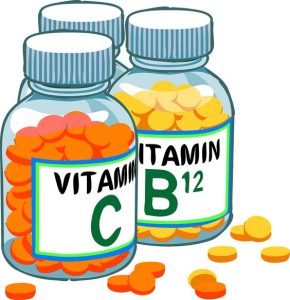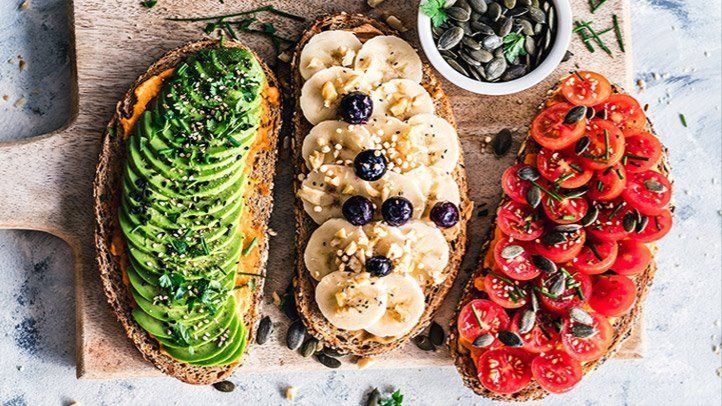Gastroesophageal reflux disease (GERD) is a common occurrence for many, evolving into a chronic issue when left untreated. Recognized by the continuous backflow of stomach acid into the esophagus, it causes discomfort and irritation. As this reflux becomes a regular companion, it’s time to consider GERD as a potential culprit. While lifestyle changes and medication often ease symptoms, surgery may be necessary in rare cases.
Examining GERD Symptoms Closely
GERD manifests with a burning sensation in the chest, often confused with heartburn. However, its impact extends to food or acid reflux, upper abdominal pain, swallowing difficulties, and a sensation resembling a lump in the throat. Nighttime acid reflux exacerbates persistent coughing, throat inflammation, and conditions like asthma.
The Power of Vitamins Against GERD
Recent studies indicate that a well-balanced diet rich in specific vitamins can alleviate and manage reflux and GERD symptoms. “The Pineal Gland Journal” and other sources highlight the benefits of vitamins B-12, A, C, E, folic acid, and B-6 in reducing GERD symptoms. As antioxidants, these vitamins shield the body from free radicals that can intensify or trigger acid reflux symptoms.
Sources of these vitamins are abundant—animal products, leafy greens, citrus fruits, and fortified grains are just a few examples. However, before initiating a supplement regimen, especially for vitamin E, it’s advisable to consult a doctor due to potential health risks like stroke.

GERD: A Widely Addressed Concern
Affecting 20% of the population, GERD is a prevalent issue. Lifestyle adjustments play a crucial role in controlling GERD symptoms. Stress reduction, dietary changes, avoiding nicotine, and maintaining a good posture after meals are key in preventing or alleviating GERD symptoms.
Research suggests that massage can relieve stress and potentially ease GERD symptoms. The Wahl Heat & Cold Massager provides an affordable option for professional massages, aiding in stress relief, pain reduction, and promoting blood flow.
Reassessing dietary habits can also yield positive results. Avoiding sodas, alcohol, tomatoes, onions, mint, chocolate, coffee, citrus juice, and spicy foods can improve symptoms. Incorporating beneficial foods like oatmeal, ginger, egg whites, apples, and bananas is also advantageous. Nicotine in tobacco can relax the lower esophageal muscle, leading to acid burns when stomach acid enters the esophagus. Quitting smoking and maintaining good posture after meals also contribute to preventing GERD symptoms.



